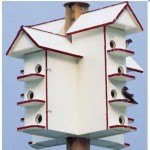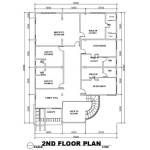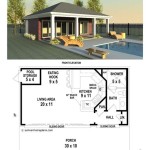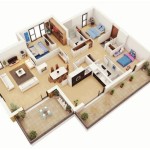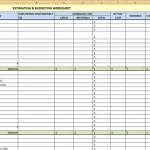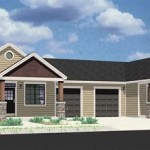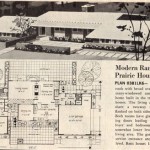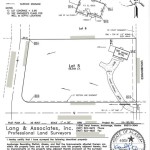Creating The Perfect House Plan For Your Hillside Homes
Building a home on a hillside presents unique challenges and opportunities. The sloping terrain necessitates careful planning to ensure a structurally sound and aesthetically pleasing dwelling. This article explores key considerations for creating the perfect house plan for your hillside home, emphasizing functionality, safety, and visual appeal.
1. Site Analysis and Foundation Design
The first step in designing a hillside home is a thorough site analysis. This involves understanding the slope, soil conditions, and potential for erosion. A geotechnical engineer can evaluate the soil's bearing capacity and recommend appropriate foundation types. Options include:
- Crawl Space Foundations: Suitable for moderate slopes, crawl spaces provide access for utilities and ventilation but require proper drainage to prevent moisture buildup.
- Slab-on-Grade Foundations: Often used for steeper slopes, slab foundations are poured directly onto the prepared ground and require careful design to accommodate the slope.
- Basement Foundations: Ideal for significant slopes, basements provide living space and storage, but necessitate excavation and waterproofing.
The foundation design should consider the potential for landslides and seismic activity. Retaining walls and reinforced concrete may be necessary to stabilize the slope and prevent soil erosion.
2. Orientation and Natural Light
The orientation of a hillside home can significantly impact energy efficiency and visual appeal. Maximize natural light by placing living spaces on the south side, where sunlight is strongest. The north side is often ideal for bedrooms or other spaces requiring less light.
Windows and skylights should be strategically positioned to capture the best views and minimize glare. Consider the sun's path throughout the year and use awnings or overhangs to provide shade during the hottest months.
3. Floor Plan Optimization
Maximizing usable space is crucial for hillside homes, given the potential for limited flat areas. The floor plan should be designed to maximize usable space and minimize wasted area. Consider the following:
- Split-Level Design: This layout utilizes different floor levels to accommodate the sloping terrain while providing distinct living areas.
- Walkout Basement: This design allows for a basement level that opens to the hillside, offering additional living space and access to the outdoors.
- Outdoor Living Space: If the slope allows, create outdoor living spaces such as decks, patios, or balconies.
- Vertical Circulation: Staircases, skylights, and strategically placed windows can enhance the vertical connection within the home, creating a sense of openness and connectivity between levels.
4. Building Materials and Sustainability
Choosing sustainable and durable building materials is crucial for hillside homes. Consider options that minimize environmental impact and withstand harsh weather conditions.
- Energy-efficient windows and insulation: Maximize thermal performance and reduce heat loss.
- Green roofing: Offers stormwater management and reduces the heat island effect.
- Locally sourced materials: Minimizes transportation costs and supports local industries.
Integrating landscaping into the hillside design can enhance the home's aesthetic appeal and provide natural erosion control. Consider native plant species that thrive in the local climate and require minimal maintenance.
5. Safety and Accessibility
Hillside homes require careful consideration of safety and accessibility. Steep slopes can pose hazards, especially for young children and elderly individuals.
- Handrails and safety features: Ensure handrails are present on stairs and walkways to prevent falls.
- Emergency access: Designate a clear and easily accessible route for emergency vehicles and personnel.
- Landscaping: Use landscaping to create natural barriers around steep areas and improve drainage.
Plan for accessible features such as ramps, wheelchair-friendly bathroom designs, and wide doorways to ensure the home can accommodate individuals with disabilities.

Hillside And Sloped Lot House Plans

Hillside And Sloped Lot House Plans

Hillside House Plans With Garages Underneath Houseplans Blog Com

Hillside House Plans With Garages Underneath Houseplans Blog Com

Build On A Steep Slope Turkel Design

A Guide To Sloping Lot House Plans

Hillside House Plans With Garages Underneath Houseplans Blog Com

How To Artfully Build A House On Hillside

Hillside And Sloped Lot House Plans
If Someone Were To Build A House On The Slope Of Hill What Suggestions Would You Like Give Could Also Show Me Some Pictures Or Designs
Related Posts

